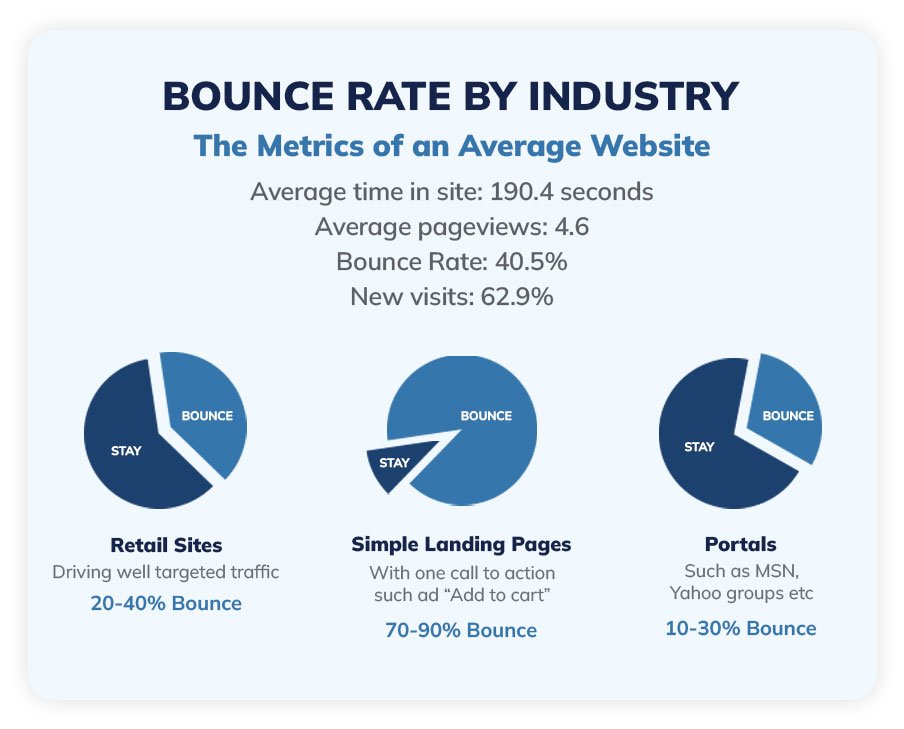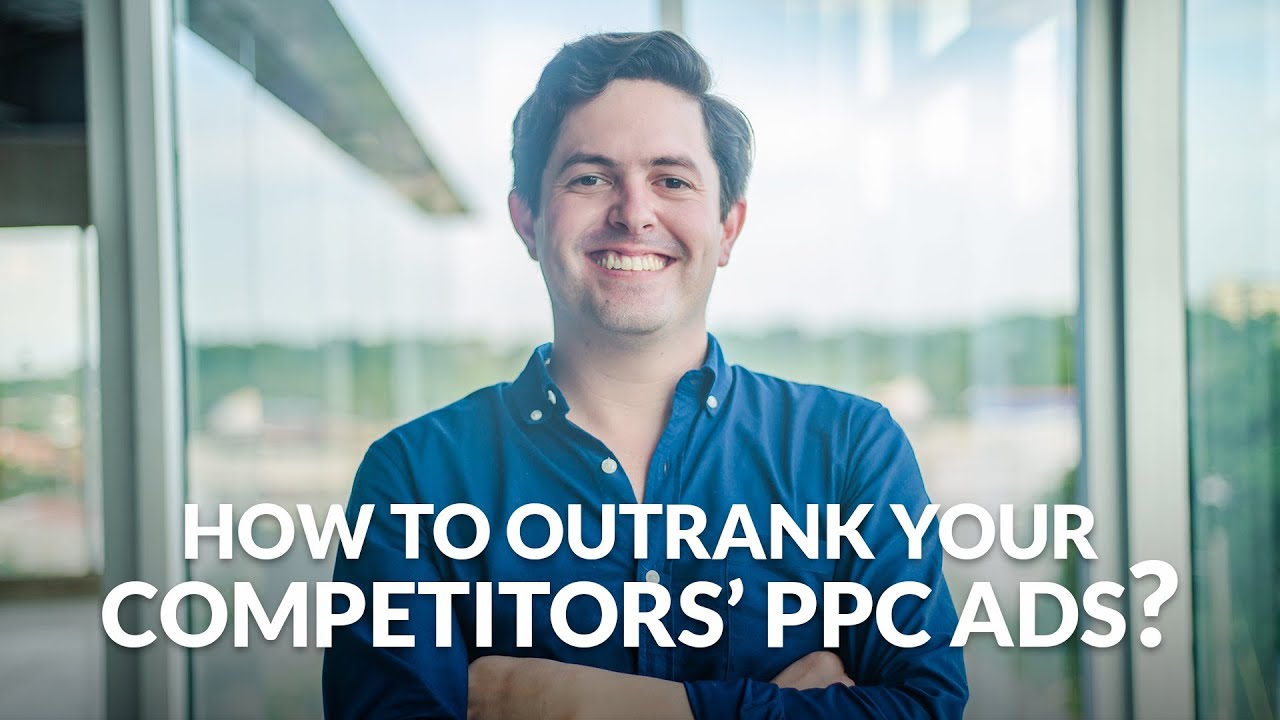[display-name-category]
[post_author]
Piggybacking off the first part of this 2-post series, though challenging to thrive in, online marketing competitiveness does wonders for the economy and forces business owners to get creative.
PPC marketing is essential for any business or brand to succeed in these overpopulated markets.
In the first part of this series, we discussed using competitor names in your keyword lists, and we began to flag what you should monitor as you set those up. Let’s continue and get to the nitty-gritty when implementing competitor names as keywords in Google Ads management.
Stay Away From DKI For Your Competitor Ad Group Ads
Let’s say you’ve tackled some points we’ve mentioned in part 1 but are still questioning whether you have a good setup and what else you should be considering?
A good setup consists of a refined keyword list consisting of competitors’ names and that you created generic ads describing the specific brand features. Make sure you avoid mentioning competitors’ names or trademarks in the ad copy.
To dive a little deeper into the technicality of ad strategy, using dynamic keyword insertion (DKI) in your ad group ads will pose a threat to compliance in using competitors’ names.
DKI takes any keyword within your keywords list and matches the search query to fit the 25-character limit of the headline in your ad.
Because you’re using DKI, the headline of your ads will show your competitors’ names, which poses a potential problem to advertising policy and trademark law.
Therefore avoid using DKI for your ad groups when using competitor names as keywords.
Use Brand Names That Directly Compete With Your Business
Let’s suppose that you sell sneakers. It’s wiser to focus on competitor names that make similar shoes to your own. That way, your product is an alternative for what the customer seeks.
It makes more sense to focus on competitors’ names aiming for the same target audiences as your company.
In the case in part 1 presented on a custom brewery, it would most likely trigger queries for other small to medium-sized local custom brewery companies if they were to stick to direct competitors rather than the more commercial ones.
People seeking brands similar to yours could take an interest in trying out something different but within the same range of products.
Given this reason, the best is to opt-out of keywords that include brand keywords for more commercial companies.
Most commonly, these are what strategists call “big leaguers” as they compete at a different level in terms of advertising budget and brand recognition. Their sales targets focus more on mass consumption than offering crafted beers in smaller quantities.
Not All Competitor Names Are Set To Be Good Keywords
Using your competitor’s brand is an advantage to your campaign strategy and is an excellent way to increase potential conversions. Such a search for strategy is an innovative way that PPC can connect your brand with audiences searching for your products.
It’s essential to follow the best practices mentioned throughout this blog and continuously monitor the campaign behavior to ensure that your competitor keywords improve and do not harm your campaign performance.
Another point to keep in mind is the tendency to overlook is webpage content relevance. Ensure that your landing page has similar content to your competitor brands; this is a classic culprit why keywords have lower quality scores and higher CPC.
Monitor the Value and Performance
You’ll want to monitor the value of having competitor names as keywords. Set-up and forget do not immediately translate into ROI. It requires optimization and consistent follow-up to maximize its efficiency.
An expert note: Keep in mind that the conversion rate for competitor names as keywords tends to be lower than an account’s average.
Nevertheless, targeting competitor names as keywords works as a cross-channel strategy, benefiting the following:
- Outranking Increasing exposure
- Attracting a higher percentage of online audiences
- A gradual increase and the quality of conversions
It’s easy to get discouraged, but patience is a virtue. Progress will come with best practices and optimization. Rest assured that your brand will eventually rank and discover new audiences as campaigns take their course. It’s all about how well you take advantage of any strategies to expand on exposure for your business.
Ad Copy Real Estate
There is always an opportunity to leverage additional tactics in Google Ads management. Be aggressive with it. Writing solid and concise ads is your opportunity to elevate your business above competitors and stand out to potential clients.
Tips for ads optimization:
- Unique Selling Propositions (USPs): what makes a company stand out from its competitors
- Promotions (if applicable)
- Relevant content that validates your service/product as the best option
Our strategists recommend adding your brand to the ad copy to prevent “misleading” users and high bounce rates.
Using your business name supports credibility and prevents users looking for other brands from clicking on your ad, curbing unqualified leads and high bounce rates onsite.
Understand Your Industry.
Before we wrap up, we’ve got one quick and final point to go over that will prepare you before putting your list of competitor names keywords together.
Not all industries benefit the same from using this tactic. Our strategists have noticed that the conversion rate of the health industry is significantly lower than retail. Therefore, we highly recommend you do some homework on industry stats such as auction insights, CPC’s and other relevant metrics to help you plan strategy with your marketing budget.

Take The Advantage
As mentioned earlier, the online market is always busy and growing. Technology has given us access to resources that were once hard to come by. PPC, SEO, and social media are marketing channels that can help businesses strategically breakthrough online competition and gradually connect with target audiences at an accessible cost.
If you liked this article and want to learn more about PPC strategies, reach out to one of our marketing experts to see how you can leverage google ads management to reach your online marketing goals.





